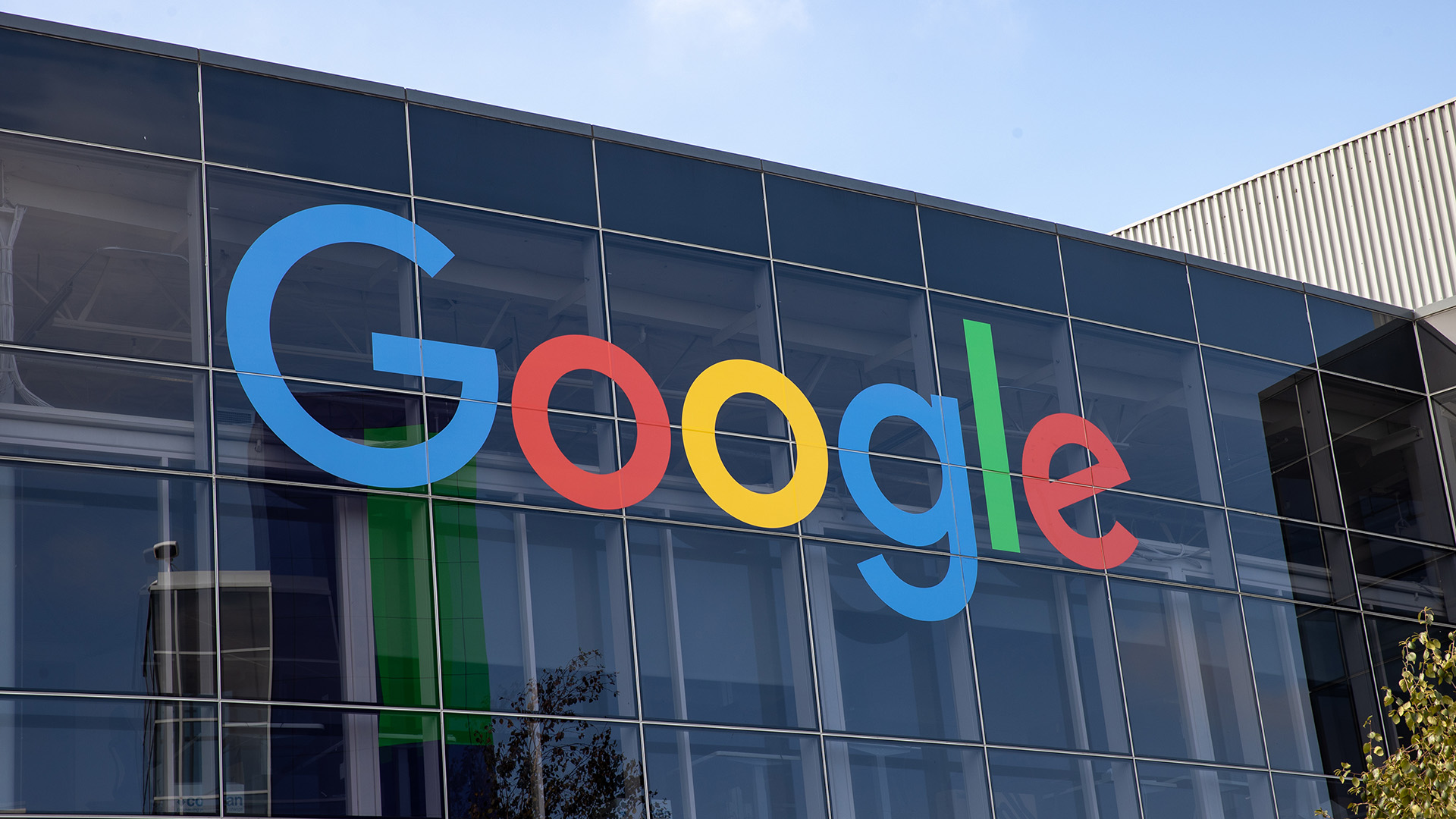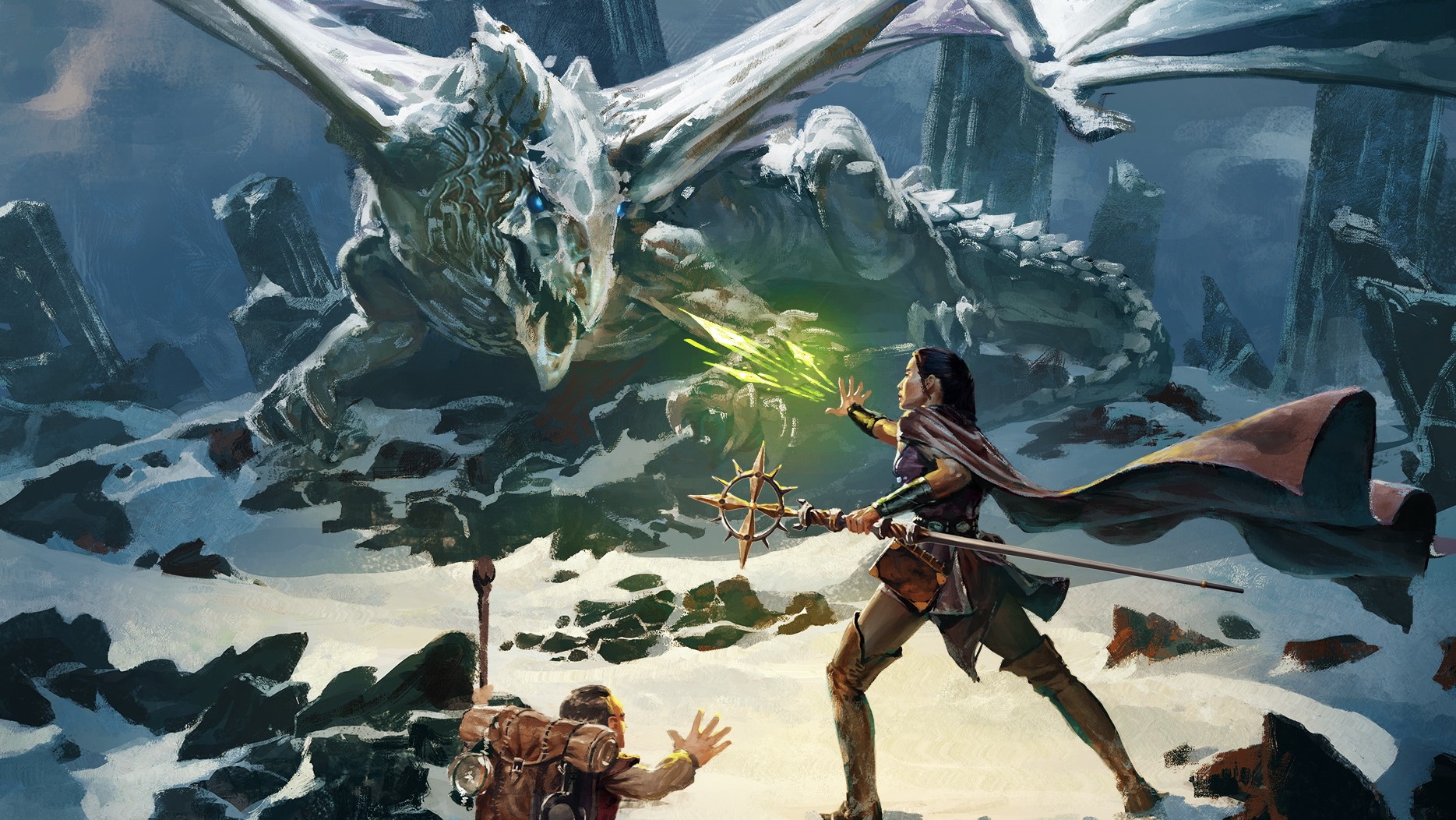
Bard will use a slimmed-down version of Google's Language Model for Dialogue Applications software.
This is not an ad, this is Bard in action. (Image credit: Google)
ChatGPT is the big thing in AI development these days, but it soon won’t be the only game in town. Google announced today that it’s launching an AI chatbot of its own very soon, an “experimental conversational AI service” called Bard.
“Bard seeks to combine the breadth of the world’s knowledge with the power, intelligence and creativity of our large language models,” Google CEO Sundar Pichai said in the announcement. “It draws on information from the web to provide fresh, high-quality responses. Bard can be an outlet for creativity, and a launchpad for curiosity, helping you to explain new discoveries from NASA’s James Webb Space Telescope to a 9-year-old, or learn more about the best strikers in football right now, and then get drills to build your skills.”
Bard will be powered by a “lightweight” version of Google’s Language Model for Dialogue Applications, also known as LaMDA. That will enable Bard to support more users, and thus generate more feedback, which will help ensure responses generated by Bard “meet a high bar for quality, safety and groundedness in real-world information.”
As we’ve seen, that will be a real challenge for Bard developers, and not just because of end-of-the-world scenarios we’ve grown used to seeing in sci-fi flicks—although that’s obviously a concern. A more pressing short-term problem is the tendency for AI software to go off the rails in some pretty awful ways: Last week, for instance, 4chan users used an AI speech synthesis tool called Voice Lab to generate audio clips of celebrities making racist and homophobic statements, and just today a popular AI-powered Seinfeld bot was suspended from Twitch after unexpectedly making homophobic and transphobic jokes.
The underlying problem, generally speaking, is pretty simple: AI is trained by humans, and we’re not always the greatest teachers. But solving the problem is difficult because it’s not just the obvious cases of abuses that need to be addressed, such as when Twitter destroyed Microsoft’s Tay chatbot in less than a day. The same thing happened to Meta’s Blenderbot 3 chatbot just last year. Even advanced technology like ChatGPT is subject to the biases of its trainers, which can have unexpected and unwelcome consequences.
(Image credit: Google)
Despite those difficulties, it’s not at all surprising that Google is jumping into the AI development game with both feet. Microsoft announced in January that it is making a “multiyear, multibillion dollar investment” into OpenAI, the company developing ChatGPT and DALL-E, and is also reportedly looking to incorporate ChatGPT tech into its Bing search engine in order to provide more human-like responses to queries. If successful, that could help Bing distinguish itself from Google search, and potentially give it a significant advantage if Google is unable to respond with something similar.
Bard is available to “trusted testers” now, and will be opened up to the public “in the coming weeks.”





